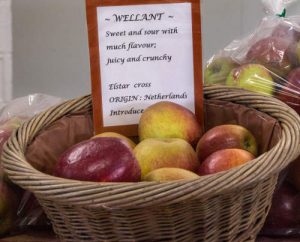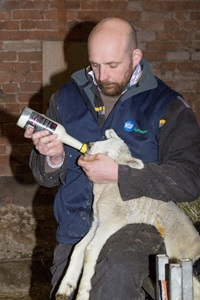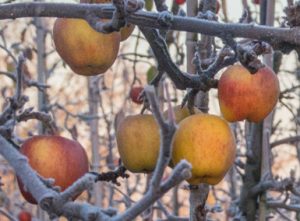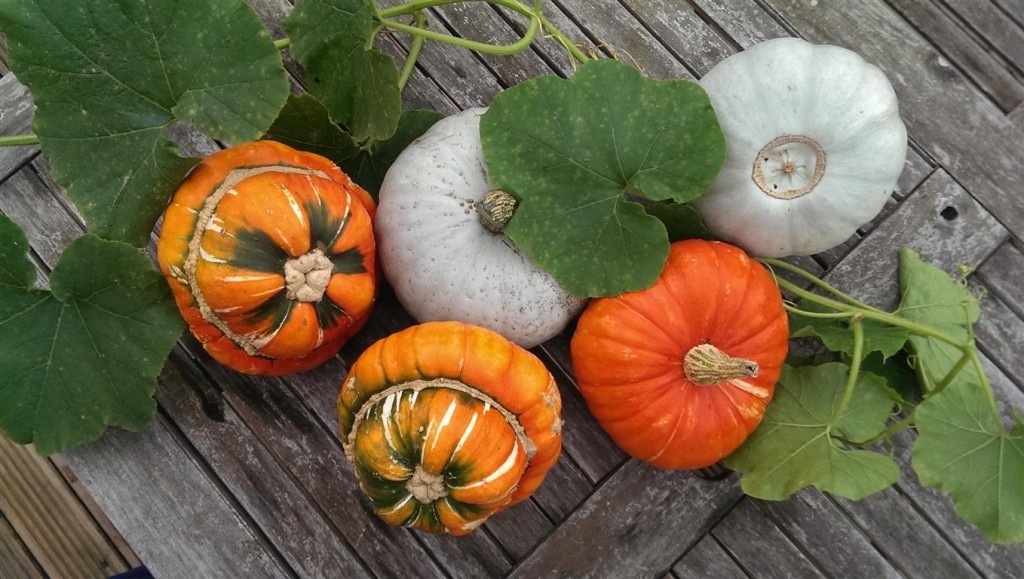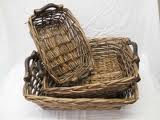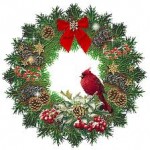 Every day there seems to be something in the Media about eating meat. We are being encouraged to eat less meat (IPCC Report 2019) to reduce carbon and methane emissions. But reducing Co2 is so much more complicated. Emissions from rearing animals, particularly cattle for meat and dairy consumption may account for some 14% of the total created by us. This is an international figure though, and may not be true for the UK.
Every day there seems to be something in the Media about eating meat. We are being encouraged to eat less meat (IPCC Report 2019) to reduce carbon and methane emissions. But reducing Co2 is so much more complicated. Emissions from rearing animals, particularly cattle for meat and dairy consumption may account for some 14% of the total created by us. This is an international figure though, and may not be true for the UK.
If you saw the BBC documentary on Monday 25th November, “Meat, a Threat to our Planet”, you may have been put off eating meat ever again. It was horrific to see vast herds of cattle and huge numbers of intensive pig farms which feed the American appetite for meat, and the ecological consequences of this. It is shocking to see farmers burning Amazon rainforest so that they can rear beef cattle, and the precious Sierra in Brazil being turned over to grain to feed these animals. Industrial scale “factory” farming like this produces cheaper meat and it is this that we need to stop eating. So let’s not eat meat from America or Brazil, but let’s continue to support our local meat producers. Our carbon footprint and farming practice is nothing like that of the Americas. Small scale pasture-reared meat is high in nutritional value and low in carbon footprint.
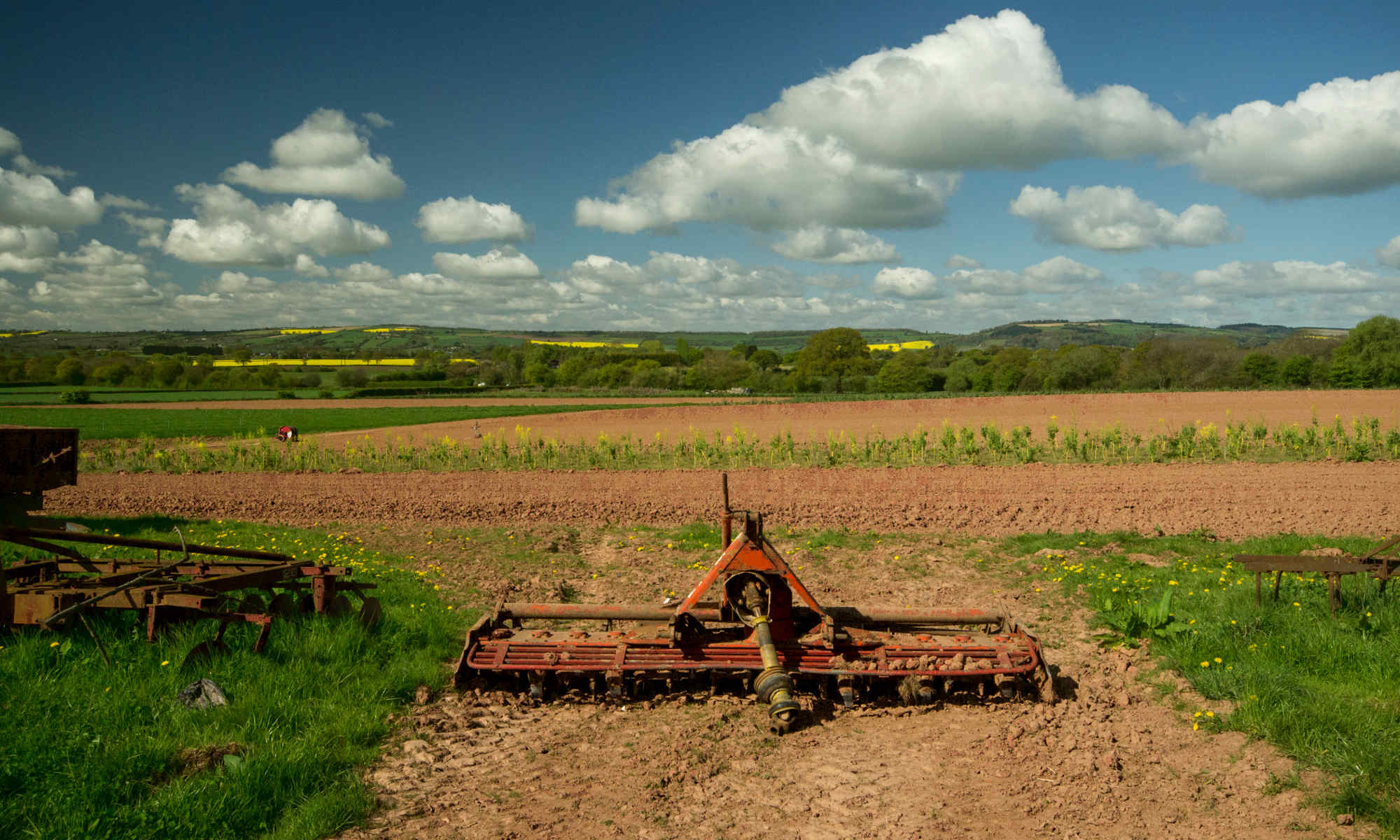
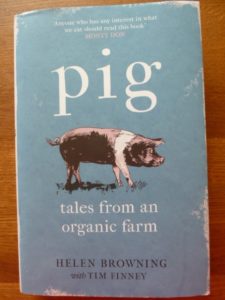 Food is something we are all interested in. But how does it get to our table? Ledbury Food Group introduces its new Book Group on Thursday 17th January at 7pm. It’s an opportunity for us to “chew the cud” over some of the themes of current books relating to our food, finding out about the joys and challenges farmers face and the history of production. Books such as “The Secret Life of Cows”, forwarded by Alan Bennett, which appeared last year are full of discussion topics. The author Rosamund Young came to Ledbury in March to talk about it. Her introduction explores traditional and commercial farming and the book features hilarious anecdotes about her experiences rearing cows.
Food is something we are all interested in. But how does it get to our table? Ledbury Food Group introduces its new Book Group on Thursday 17th January at 7pm. It’s an opportunity for us to “chew the cud” over some of the themes of current books relating to our food, finding out about the joys and challenges farmers face and the history of production. Books such as “The Secret Life of Cows”, forwarded by Alan Bennett, which appeared last year are full of discussion topics. The author Rosamund Young came to Ledbury in March to talk about it. Her introduction explores traditional and commercial farming and the book features hilarious anecdotes about her experiences rearing cows.